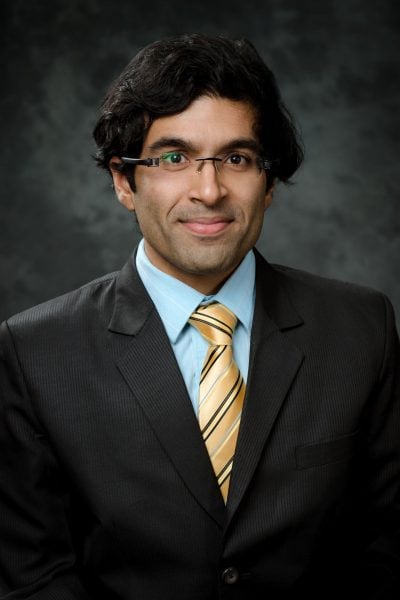
Mayra Sanchez Morgan completed a PhD in the Environmental and Energy Policy program in the Social Science department at Michigan Tech in 2019. Dr. Morgan’s research investigates how ecotourism empowers or disempowers women in rural Mexico. The first paper from her dissertation, entitled “The Third Shift? Gender and Empowerment in a Women’s Ecotourism Cooperative”, was published in the journal Rural Sociology in 2019 and has been recognized as one of the most downloaded articles of the journal. During her degree, Dr. Morgan organized two conferences and presented her research in more than 18 conferences, meetings, and as a guest lecture in national and international conferences and meetings. She served as a campus leader in diverse student organizations (such as GSG, ASPEN, and NOSTROS) and worked diligently to promote diversity and inclusion. Dr. Morgan received a Finishing Fellowship from the Michigan Tech Graduate School and a Dissertation Research Award from the Rural Sociological Society. Dr. Morgan enjoys dancing and warm and sunny days.
